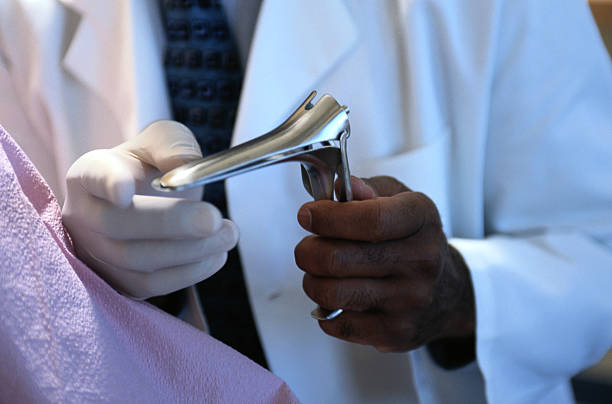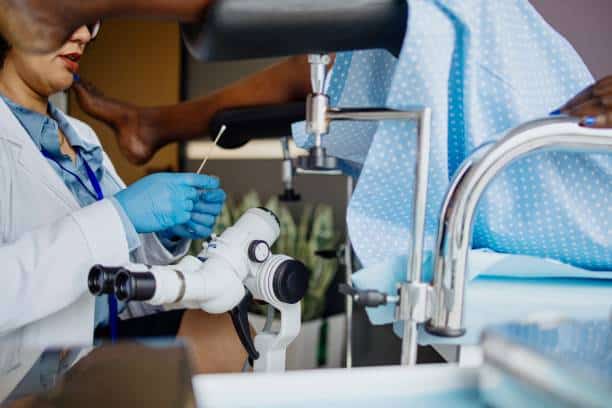
Pap smears have long been the standard for cervical cancer screening, but they’re no one’s idea of fun. The speculum, the scraping, the awkwardness—it’s all enough to make a lot of people skip screenings entirely. Now, Teal Health is changing the game. On May 9, the company’s at-home cervical cancer screening kit received FDA approval, opening the door for self-collected HPV tests that could soon replace the traditional Pap for many people.
What Is Teal Health’s At-Home Screening?
Teal’s test is based on a well-established principle: nearly all cervical cancers are caused by high-risk strains of human papillomavirus (HPV). Doctors have been testing for HPV for years, usually during a Pap smear or as part of a combo test. Teal makes this easier. Using a tampon-like device, users collect a sample from the vaginal wall themselves—no speculum, no stirrups, no exam table. The device is mailed back to a lab, where it’s tested for 14 high-risk HPV strains.
This isn’t science fiction. Studies show self-collected samples are just as effective as those taken in a clinic, and countries like Sweden, Australia, and the Netherlands have already adopted self-sampling as part of their screening programs. Teal is simply the first to make it available for at-home use in the U.S.
RELATED: What do Your Pap Smear Test Results Mean?
Why This Matters
Cervical cancer is highly preventable, but only if people get screened. And too many don’t—nearly 30 percent fall behind on recommended tests. For marginalized communities, the barriers are even steeper: fewer providers, harder access to care, and more cultural stigma around gynecological exams. Teal offers a path around these obstacles.
“This is about accessibility, comfort, and dignity,” says Kara Egan, Teal Health’s cofounder and CEO. The goal isn’t just convenience—it’s saving lives by catching problems earlier and helping more people follow through on screenings.
RELATED: 7 Common Misconceptions About HPV Among Black People

Does This Replace the Pap Smear?
In many cases, yes. In 2020, the American Cancer Society (ACS) updated its guidelines to recommend HPV testing every five years as the preferred method for those ages 25 to 65. A Pap smear is now considered a backup option. The U.S. Preventive Services Task Force followed suit with similar draft guidance in late 2024.
Teal’s test fits squarely into these new recommendations, making it an option for the majority of people with a cervix. However, it’s not for everyone. If you’re under 25, immunocompromised, or have a history of cervical abnormalities, in-clinic testing and more frequent monitoring may still be necessary. Think of it like Cologuard for cervical cancer: ideal for routine screening in average-risk individuals.
How It Works
Here’s the process:
-
Request a kit via Teal Health’s website.
-
Meet with a provider—a nurse practitioner or ob-gyn—through Teal’s telehealth platform, who will prescribe the test.
-
Receive the collection device in the mail.
-
Collect your sample using a sponge-tipped applicator that works like a tampon.
-
Send the sample to a lab using a prepaid mailer.
-
Review your results with a Teal provider via telehealth.
If the test detects HPV, it doesn’t mean you have cancer. It means you need follow-up care, just as you would after an abnormal Pap. Teal helps coordinate next steps, referring users to local providers based on availability and insurance.
Cost and Availability
The rollout starts in California this June. Teal will be in-network with Aetna, Blue Cross Blue Shield, Cigna, and United at launch, with nationwide expansion coming later in the year. Pricing depends on your insurance, but the kit and telehealth visit will be eligible for FSA/HSA reimbursement.
You can join a waitlist on Teal’s site to be notified when it becomes available in your state and find out about coverage.
RELATED: Black Women Are Dying from Cervical Cancer at Alarming Rates—Here’s Why
A New Era in Preventive Care
Teal’s innovation arrives at a critical moment. After decades of decline, cervical cancer rates have recently started to rise among young women. Increasing access to screening, particularly in underserved populations, is essential to reversing that trend.
No, this doesn’t mean skipping your OB-GYN entirely. Pelvic exams remain important for checking other reproductive health concerns. But for routine cervical cancer screening, Teal’s self-collected HPV test could mark the beginning of the end for the speculum.
As Egan puts it, “If you’re busy, nervous, or just prefer a more comfortable option—this is for you.” And with the potential to catch more cases early and improve follow-up, it might be for all of us.
Want to get on the list?
Visit TealHealth.com to learn more or sign up for updates in your area.








